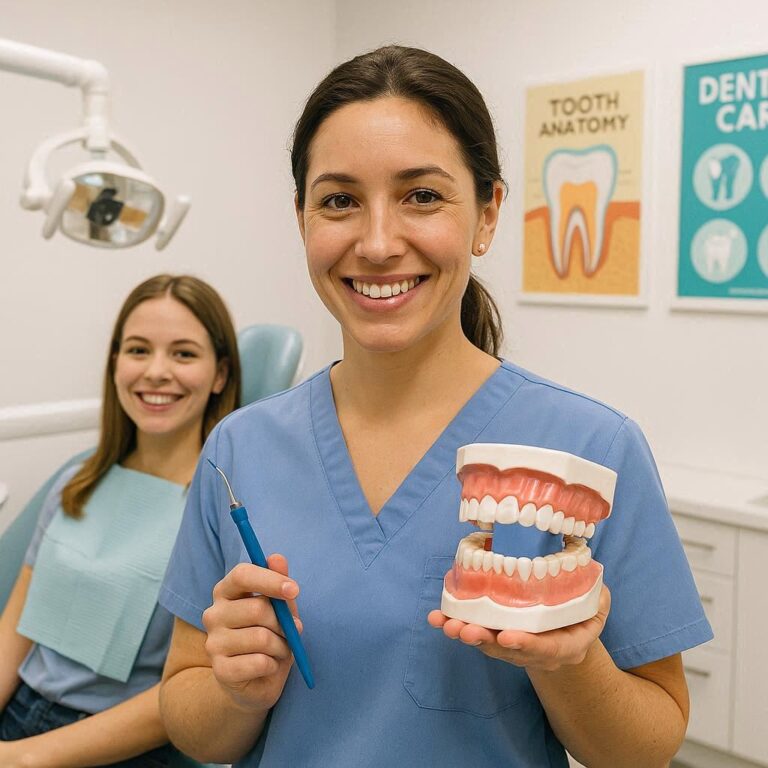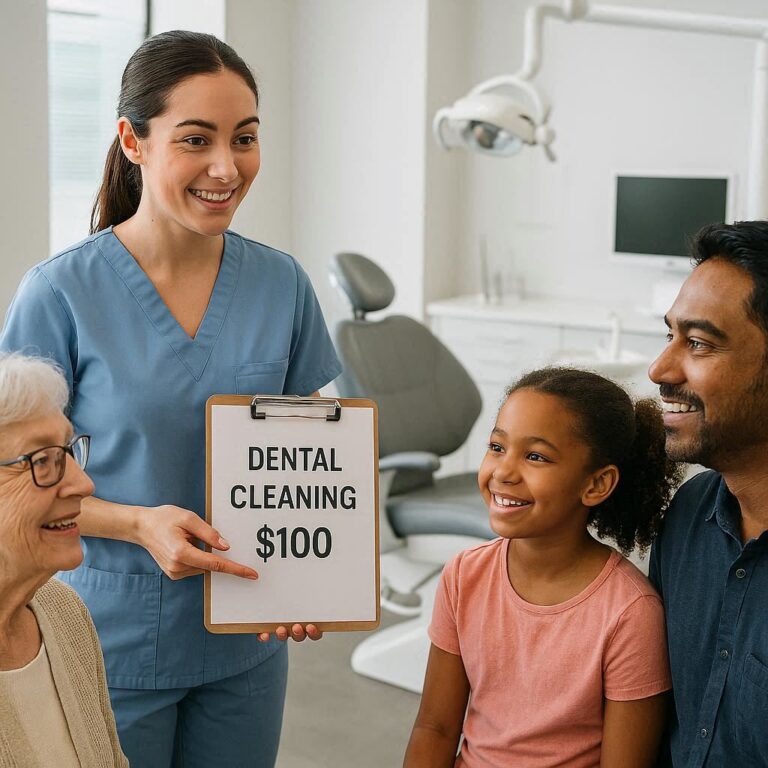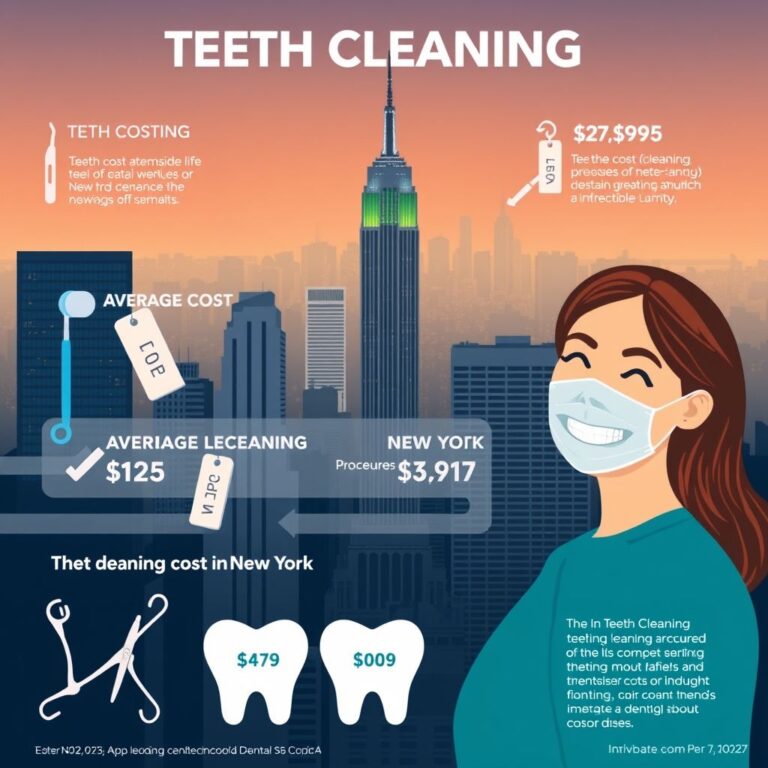Teeth Cleaning Cost in Japan
Maintaining oral hygiene is crucial for overall health, and professional teeth cleaning is a key part of that maintenance. For those living in or visiting Japan, understanding the costs associated with dental cleaning is important. In this comprehensive guide, we will delve into the various factors that influence teeth cleaning cost in Japan, from the types of services offered to the geographical differences and insurance implications.

Understanding Dental Cleaning
Dental cleaning, also known as prophylaxis, involves the removal of dental plaque and tartar to prevent cavities, gingivitis, and periodontal disease. Regular dental cleanings are vital for maintaining oral health and preventing serious dental issues. In Japan, dental cleanings are commonly performed by dentists or dental hygienists, ensuring professional care.
Types of Teeth Cleaning
- Routine Cleaning: This is the most common type of cleaning, aimed at maintaining oral health.
- Deep Cleaning: Also known as scaling and root planing, this procedure is more intensive and is used to treat gum disease.
- Full Mouth Debridement: This is necessary when there is a large amount of plaque and tartar buildup.
- Gross Debridement: Used in severe cases where routine cleaning isn’t sufficient.
Factors Influencing Teeth Cleaning Cost in Japan
Several factors impact the cost of teeth cleaning in Japan:
1. Type of Cleaning
The type of cleaning required plays a significant role in determining the cost. Routine cleanings are less expensive compared to deep cleanings or full mouth debridement.
2. Geographical Location
Dental costs can vary significantly depending on the location within Japan. Urban areas like Tokyo or Osaka may have higher costs compared to rural areas.
3. Dental Clinic
The choice of dental clinic also influences the cost. High-end clinics with state-of-the-art facilities and highly experienced dentists may charge more for their services compared to smaller, local clinics.
4. Insurance Coverage
In Japan, dental care is partially covered by the National Health Insurance (NHI) system. The extent of coverage can vary based on the type of cleaning and the patient’s insurance plan. Understanding your insurance coverage is essential to estimate the out-of-pocket costs.
5. Frequency of Visits
Regular dental check-ups can prevent the need for more extensive and expensive treatments. Patients who visit the dentist regularly for routine cleanings are likely to incur lower costs over time compared to those who require more intensive treatments due to neglect.
Typical Costs of Teeth Cleaning in Japan
The cost of teeth cleaning in Japan can range widely based on the factors mentioned above. Here is a general breakdown:
- Routine Cleaning: ¥5,000 to ¥10,000 (approximately $45 to $90)
- Deep Cleaning (Per Quadrant): ¥15,000 to ¥25,000 (approximately $135 to $225)
- Full Mouth Debridement: ¥20,000 to ¥40,000 (approximately $180 to $360)
- Gross Debridement: ¥25,000 to ¥50,000 (approximately $225 to $450)
These prices are indicative and can vary based on the specific circumstances of the patient and the clinic.
Importance of Regular Teeth Cleaning
Regular teeth cleaning is not just about maintaining a bright smile; it has significant health benefits:
- Prevention of Cavities: Removing plaque and tartar helps prevent tooth decay.
- Prevention of Gum Disease: Regular cleaning helps prevent gingivitis and periodontal disease.
- Early Detection of Oral Issues: Routine check-ups allow for early detection of potential problems, which can be treated before they become severe.
- Overall Health Improvement: Good oral hygiene is linked to overall health, reducing the risk of heart disease and other systemic conditions.
Teeth Cleaning Process in Japan
1. Initial Examination
The dentist or dental hygienist will begin with an initial examination to assess the patient’s oral health and determine the type of cleaning required. This may include X-rays to get a comprehensive view of the teeth and gums.
2. Plaque and Tartar Removal
Using specialized tools, the dentist will remove plaque and tartar from the teeth surfaces and below the gum line. This process, known as scaling, is crucial for preventing gum disease and maintaining oral health.
3. Polishing
After scaling, the teeth are polished to remove surface stains and make the teeth smoother. This not only enhances the appearance of the teeth but also makes it harder for plaque to accumulate.
4. Fluoride Treatment
A fluoride treatment may be applied to strengthen the teeth and help prevent cavities. Fluoride is particularly beneficial for children but can also be advantageous for adults with a high risk of dental decay.
Choosing a Dental Clinic in Japan
When selecting a dental clinic in Japan, consider the following factors:
Reputation and Reviews
Look for clinics with positive reviews and a good reputation. Word-of-mouth recommendations from friends or family can also be helpful.
Qualifications of the Dentist
Ensure that the dentist is qualified and has the necessary certifications. Membership in professional dental associations can be an indicator of their commitment to continuing education and high standards of care.
Facilities and Equipment
Modern clinics with up-to-date equipment are more likely to provide efficient and effective treatments.
Language Considerations
For expatriates or visitors, choosing a clinic where the staff speaks English can make the experience more comfortable and reduce the risk of misunderstandings.
FAQs about Teeth Cleaning in Japan
1. Is teeth cleaning covered by insurance in Japan?
Yes, routine dental cleanings are partially covered by the National Health Insurance (NHI) in Japan. However, more extensive procedures like deep cleanings may require additional out-of-pocket expenses.
2. How often should I get my teeth cleaned?
It is recommended to get your teeth cleaned every six months. However, the frequency may vary based on individual oral health needs and your dentist’s recommendations.
3. Are there any side effects of teeth cleaning?
Teeth cleaning is generally safe. Some patients may experience temporary sensitivity or minor gum irritation, but these side effects usually resolve quickly.
4. Can I get teeth cleaning services in English in Japan?
Yes, many dental clinics in major cities like Tokyo and Osaka offer services in English. It’s advisable to check with the clinic beforehand to ensure they can accommodate your language needs.
Conclusion
Understanding the teeth cleaning cost in Japan is crucial for both residents and visitors. By considering factors such as the type of cleaning, geographical location, and insurance coverage, you can better estimate your expenses and plan your dental care accordingly. Regular dental cleanings are essential for maintaining oral health, preventing serious dental issues, and ensuring overall well-being.
Remember to choose a reputable clinic, maintain regular dental visits, and practice good oral hygiene to keep your smile healthy and bright. With proper care and attention, you can enjoy the benefits of clean, healthy teeth without breaking the bank.
Additional Resources
- Japan Dental Association: www.jda.or.jp


